| Marathon Nutrition Tips5 October 2015 So you've decided to run a marathon. It's the ultimate test of endurance, and sorts out the men from the boys. But it shouldn't be entered into without a lot of planning and training, unless you want to set yourself up for failure. Nutrition plays a huge part in this, and it is one aspect that is often unwisely overlooked, or not given the attention it requires. What you put in your body is essential in allowing you to push yourself come race day, and if you want to be running rather than crawling over the finish line you should make nutrition a priority. Fuelling Your BodyYour body uses two main forms of fuel when you're running in order to feed the muscles - fats and carbohydrates. Fat, though, is only broken down slowly, and is an ineffective source of fuel unless you are going comparatively slowly and are not reaching the aerobic threshold. Therefore, if you're running a marathon carbohydrate is going to be the primary fuel your body relies upon. The issue with carbohydrate is that the body can only store a limited amount in the muscles as glycogen, even when you load up before your run. Typically if you're running at a marathon pace then you can store around two hours worth of glycogen in the muscles. Therefore, unless you're one of the world's elite athletes you're going to have to top up your energy levels if you want to keep performing throughout the race and finish in a good time. If not, you're going to experience 'the wall', where your body starts to fail and every step becomes a struggle. Before the RaceDuring your training you should be eating a balanced diet full of proteins, healthy fats and especially carbohydrates. As you get to within a week of race day, though, you should up your carbohydrate intake even further. 48 hours before the race you should have a large, carbohydrate-rich meal such as pasta to load up your muscles with glycogen, but give your body enough time to properly digest it. Eat normally after this but start cutting down on red meats and very unhealthy, high-fat foods. Keep properly hydrated throughout. On the morning of the race you should have a healthy light breakfast, but make sure you leave enough time for it to digest. During the RaceTo keep the dreaded wall at bay, you're going to have to maintain energy levels and therefore carbohydrate is needed. This can come in many forms such as fruits, sweets or chocolate, but these days the preferred method is using a range of energy products, such as drinks, bars, gels and chews. These shouldn't be taken too frequently, otherwise you run the risk of having too much to digest at once, which can lead to stomach discomfort. Nevertheless, they are a convenient way of refuelling, and bars, gels and chews especially allow you to carry energy in a compact form. One of the leading brands on the market is Honey Stinger, which differs from many brands due to the fact that it uses predominantly organic ingredients to create honey-based energy products. With a range of bars, gels and chews, there's something for everyone, and they are ideal for the health-conscious runners who care what they're putting into their body. After the RaceOnce you're done and you've (hopefully) crossed the finish line, your body is going to need to refuel in order to recover properly. Give it carbohydrates, plus some protein to help rebuild damaged muscle tissue. Once you've had more practice you'll be able to know what works best for you, so shop the range of essential nutrition products from Think Sport and get out there and give it a go! | ||||||

















